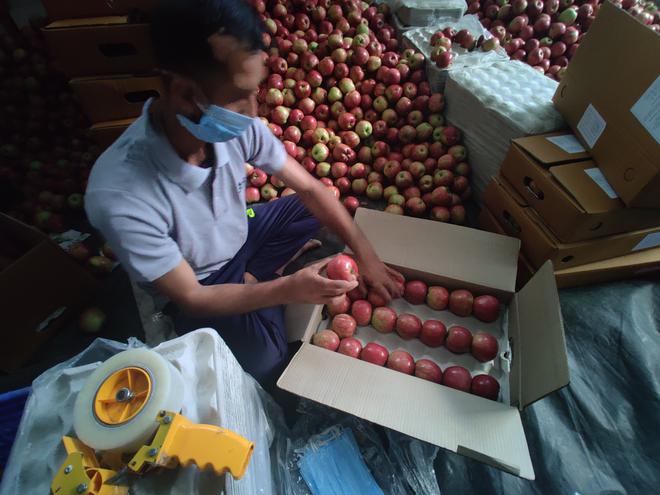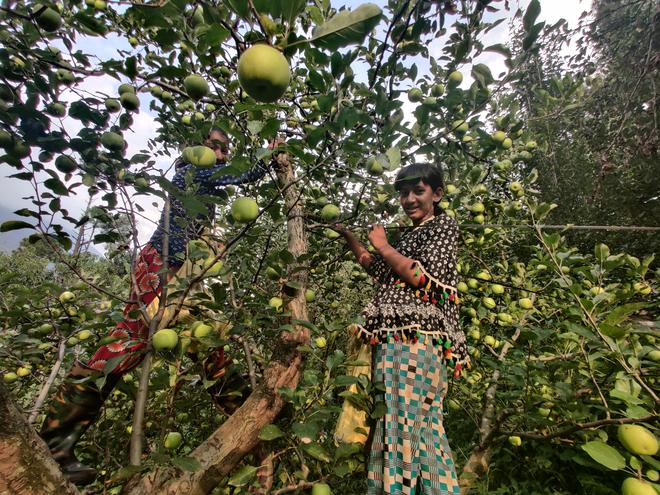In 2020, Anand Sankar of Tons Trails, a sustainable travel company in Uttarakhand, brought the region’s crunchy apples (Red Royal and the Golden varieties) to the rest of the country courtesy The Tons Valley Apple Shop. Done to ensure assured orders for the Uttarakhand’s apple farmers, and assist locals rendered unemployed due to the lockdown, he managed to sell about 25 tonnes of apples by the end of season in October.
This year, however, is a different story. Given how the monsoon is wreaking havoc in the Himalayan State, several farmers and their harvests have been affected by heavy rain and landslides.

“We had a good spring-summer with no hailstorms, so the crop is good. But the monsoon has made a mess of harvesting. The Yamuna and Tons Valleys have been severely impacted by intense spells of rain, and all the rivers and streams are flooded. The soil is saturated so even a 10-15 min spell of heavy rain is causing landslides now,” says Anand, who has launched a Budget Sale Box of their Red Royal apples to support his community of partner farmers.
Explaining how harvesting cannot be done when it’s raining, Anand says it takes about 48-72 hours to harvest and process three tonnes of apples. “Currently, the problem is finding clear weather to harvest and when you pack your harvest, the roads close and there is no way to send it to the markets. There are thousands of boxes of fresh apples lying stranded.”

Given the constant climate changes over the years and the impact it has on their crop, are the farmers exploring other income avenues? Anand says that since the growing season there is very limited — only from April to September — “farmers don’t really have much of a choice”. “The western Himalayas are a non-irrigated zone. As we are entirely dependent on natural rainfall, climate change is a huge problem. We are already experiencing a deficiency in winter snowfall (most critical for apples), heavy hailstorms in spring-summer and unpredictable monsoons,” he says.
Adding how the team is “always managing a crisis” since they launched, Anand adds, “We grappled with the fear of Covid in 2020, and the apple wholesale market price collapsed in 2021. This year, the monsoon is playing spoilsport and sales are affected because farmers are not able to move produce to markets. The lack of cold storage facilities at farm gates is why this crisis keeps happening.”

While Anand is assisting the farmer community via the budget sale, and year-round tech inputs and market planning, there’s something you can do too. “For the next 20 days, buy apples. It’s the biggest help that people can provide,” he concludes.
₹2,565 for the SuperSaver Size (80 Apples) on tonsvalleyapples.com







